Better Biogeochemical Modeling
 New global-ocean, data-constrained DIC budget uses the ECCO-Darwin ocean biogeochemistry state estimate.
New global-ocean, data-constrained DIC budget uses the ECCO-Darwin ocean biogeochemistry state estimate.
Life in Hot Water
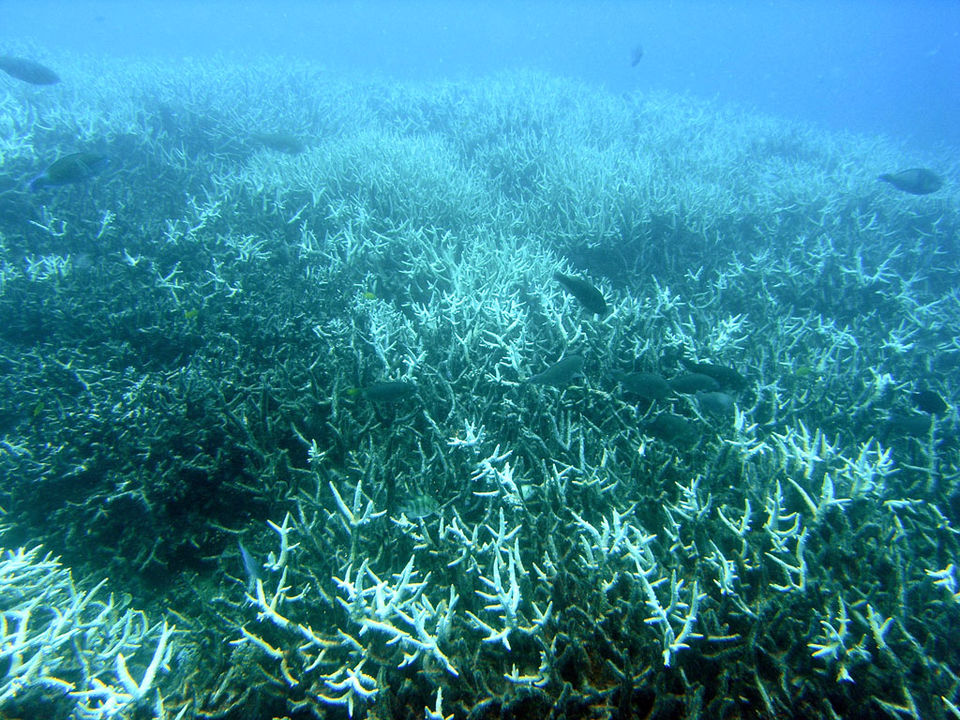
Researchers at the University of Hawai’i, Manoa, and the Coral Reef Research Foundation, Palau use ECCO state estimates in their study of how western tropical Pacific temperature conditions impact coral bleaching.
Exploring ENSO-Related Global Ocean Heat Content Variations in ECCOv4
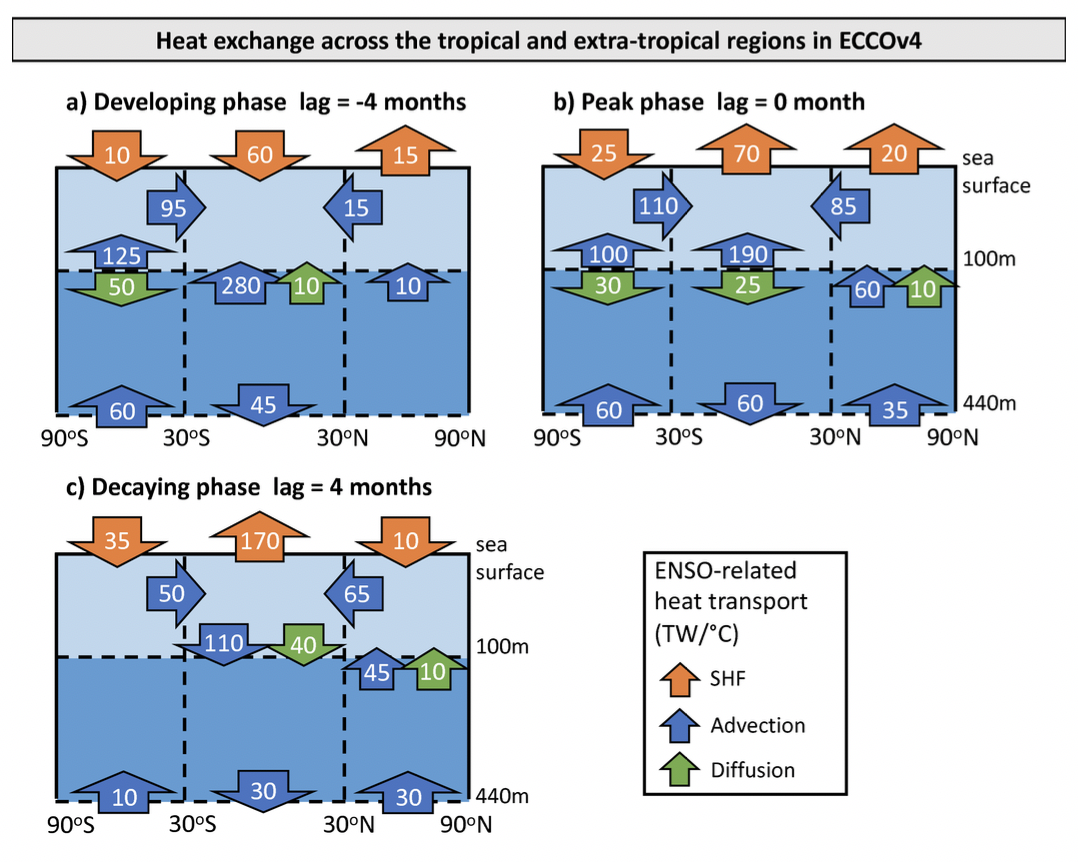 Researchers from China and Australia have been using the ECCOv4 dataset, an MITgcm product, to investigate ENSO-Related Global Ocean Heat Content Variations.
Researchers from China and Australia have been using the ECCOv4 dataset, an MITgcm product, to investigate ENSO-Related Global Ocean Heat Content Variations.
What you Can Do With a Really Rather Realistic Ocean Model
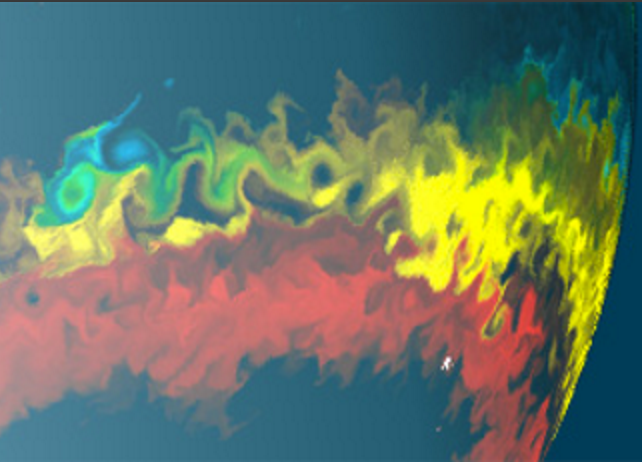
This month we spotlight research from MIT’s Darwin Project exploring how changes in spatial resolution impact emergent biogeochemistry and phytoplankton community structure in their work using MITgcm and the biogeochemical models they have built to surround it.
The Cost of Chalk
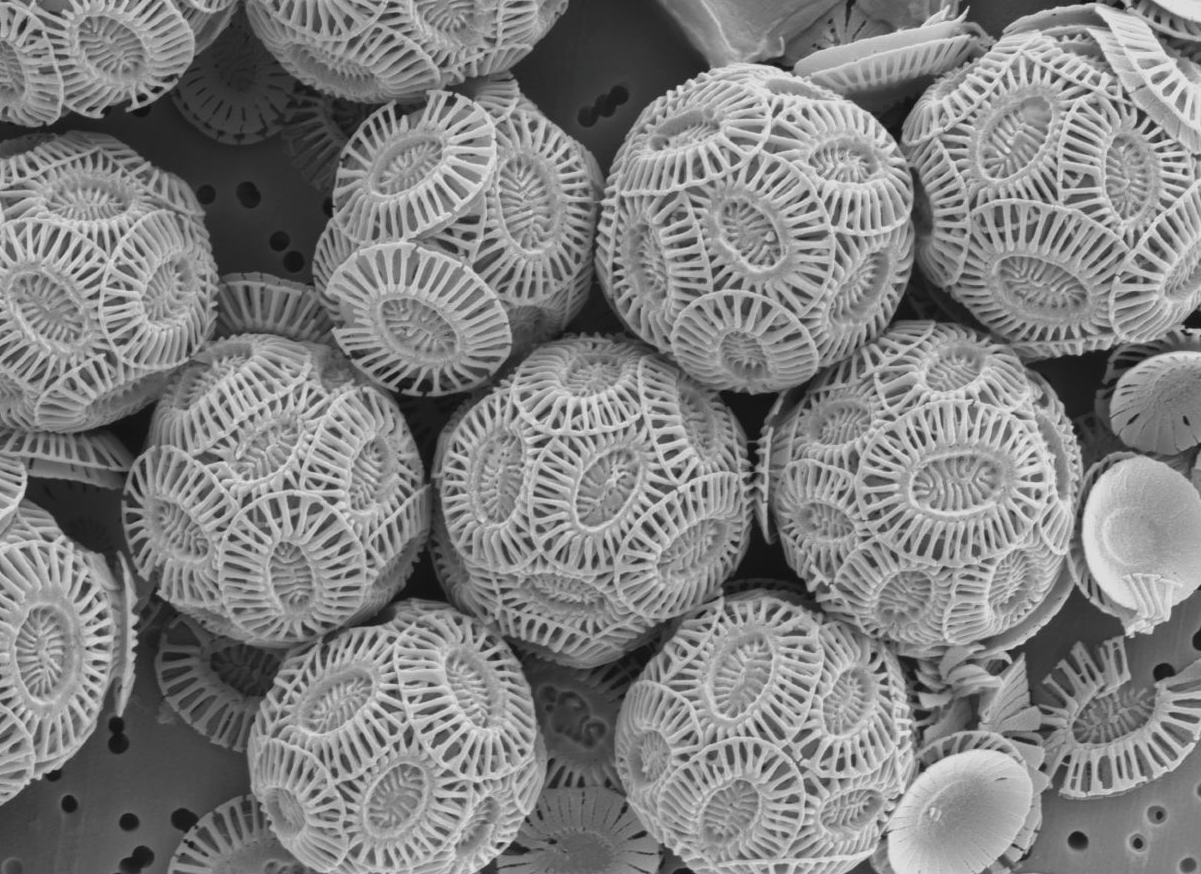 This month we spotlight recently published work by Fanny Monteiro, Stephanie Dutkiewicz, and others, who have been using MITgcm to explore the biogeography of a class of phytoplankton with an outsized role to play in the global carbon cycle.
This month we spotlight recently published work by Fanny Monteiro, Stephanie Dutkiewicz, and others, who have been using MITgcm to explore the biogeography of a class of phytoplankton with an outsized role to play in the global carbon cycle.
2016 ECCO Joint Project Meeting
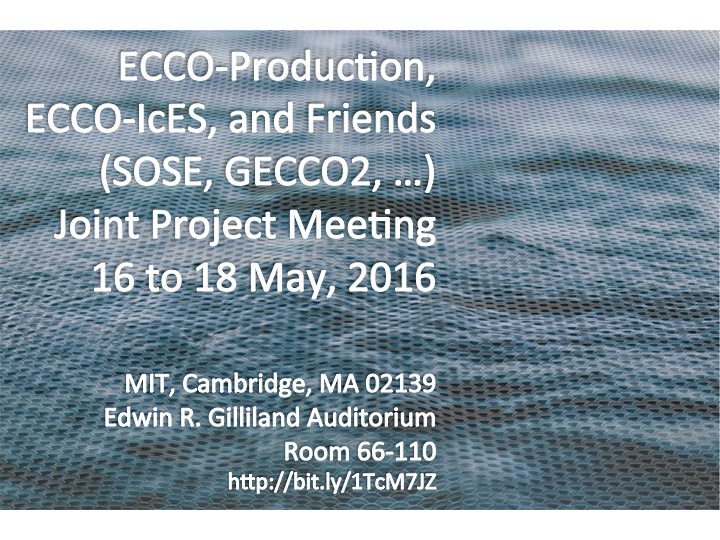 This month we spotlight the ECCO meeting held May 16-18, 2016 at MIT.
This month we spotlight the ECCO meeting held May 16-18, 2016 at MIT.
Sea – Ice Interplay
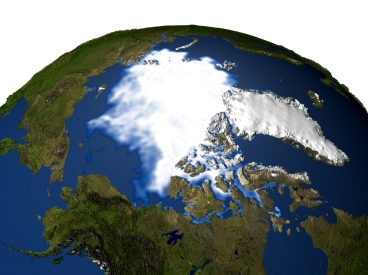 In a novel approach, MITgcmers Ian Fenty and Patrick Heimbach use optimal state and parameter estimation to improve the sea-ice simulations.
In a novel approach, MITgcmers Ian Fenty and Patrick Heimbach use optimal state and parameter estimation to improve the sea-ice simulations.
Overflowing with Movies
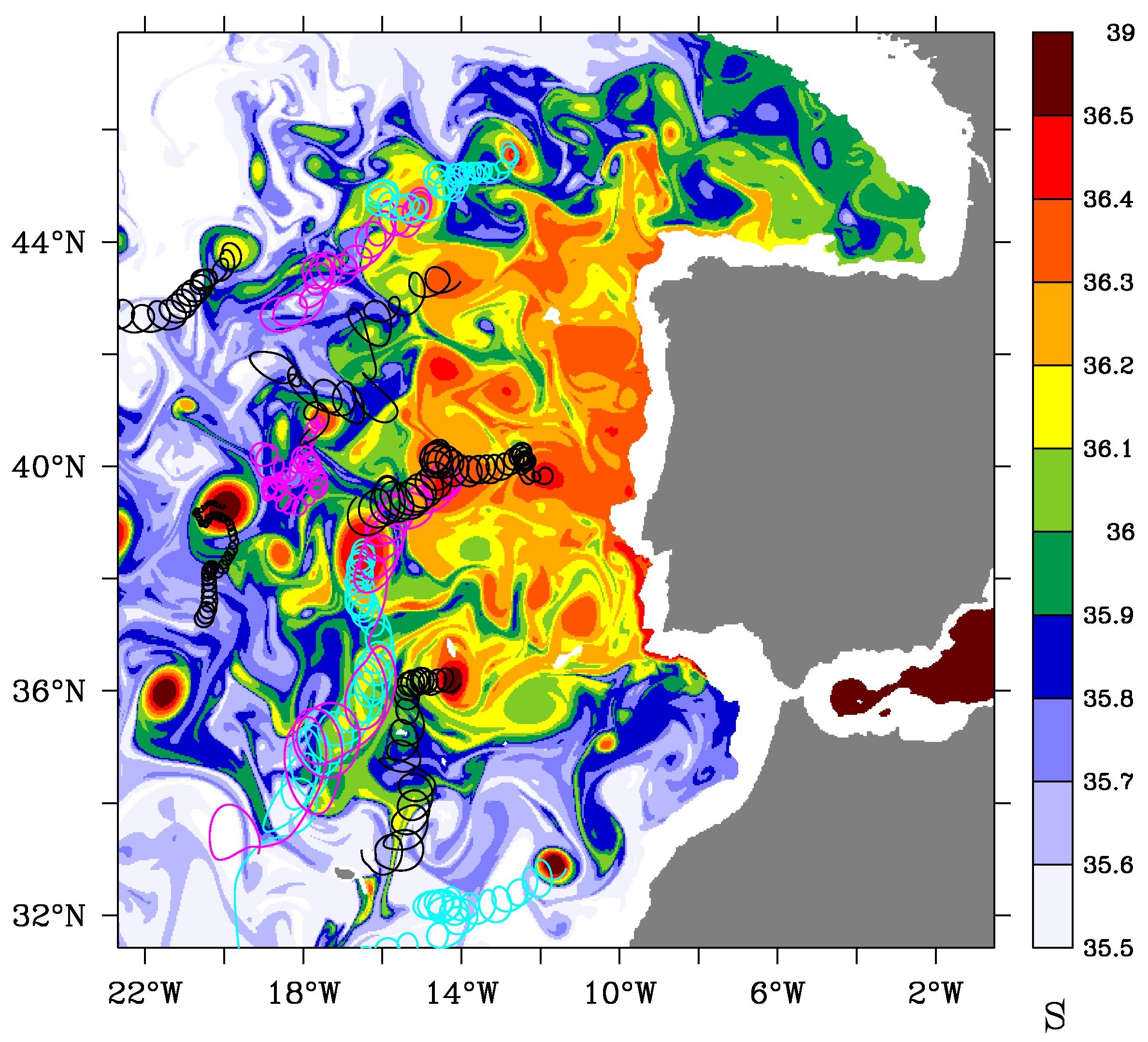 Nuno Serra from the University of Hamburg has used MITgcm in many ocean modeling projects, both from a process-modelling perspective and “realistically”, incorporating forcing from NCEP and ECMWF. He is especially interested in the processes regulating North Atlantic and North Pacific inter-annual to inter-decadal variability. A particular passion is overflows.
Nuno Serra from the University of Hamburg has used MITgcm in many ocean modeling projects, both from a process-modelling perspective and “realistically”, incorporating forcing from NCEP and ECMWF. He is especially interested in the processes regulating North Atlantic and North Pacific inter-annual to inter-decadal variability. A particular passion is overflows.
MITgcm on Ice
In a recent paper in the Journal of Physical Oceanography, An Nguyen (MIT) and co-authors Ronald Kwok (JPL) and Dimitris Menemenlis (JPL) report on work using MITgcm to better understand the origin and character of the western arctic, upper halocline.
